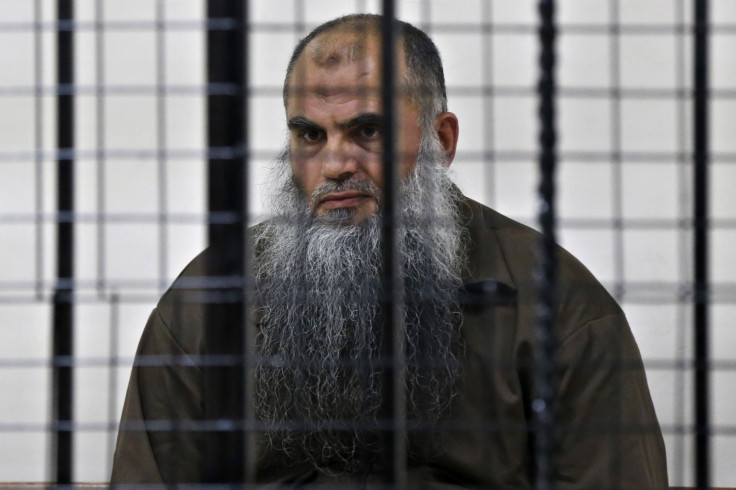Extremist cleric Abu Qatada has Twitter account suspended
The Jordanian, who was deported from the UK in 2013, has spoken out against Islamic State.

Extremist cleric Abu Qatada and two other radical Muslim scholars have had their Twitter accounts suspended. The Jordanian, who was deported from the UK in 2013, had amassed tens of thousands of followers over the past three years and become known for his attacks on Islamic State (Isis).
The move was revealed by academic Cole Bunzel, scholar of jihadism at Princeton University, who said that along with Abu Muhammad al-Maqdisi, Qatada was at the heart of an online network of tens of thousands of al-Qaeda supporters across the world.
Bunzel said that while Twitter had been active in shutting down the accounts of those sympathetic to Isis, the site "has been a permissive forum for supporters of al-Qaida."
Qatada and Maqdisi had both been outspoken in their attacks on Isis, which was once an offshoot of al-Qaeda but later criticised by the group's leader, Ayman al-Zawahiri. The split between the groups has seen them fight on opposing sides in the war in Syria.
The then Home Secretary Theresa May spearheaded the deportation of Qatada from the UK back in 2013, some two decades after the cleric settled in the country as an asylum seeker. Jordan wanted Qatada extradited on terrorism charges, of which he was eventually cleared.
After years tolerating them, @twitter finally suspends accounts of 3 leading al-Qaida-aligned scholars, al-Maqdisi, Abu Qatada & al-Siba'i pic.twitter.com/3QPvU6Jiya
— Cole Bunzel (@colebunzel) December 26, 2016
In a statement, Twitter told the Guardian that it could not comment on individual accounts for privacy and security reasons, but that the use of the platform for promoting terrorism is not permitted under the company's terms of use.
It also revealed that over 360,000 accounts had been closed down since the middle of 2015, primarily those linked to Isis.
© Copyright IBTimes 2024. All rights reserved.







